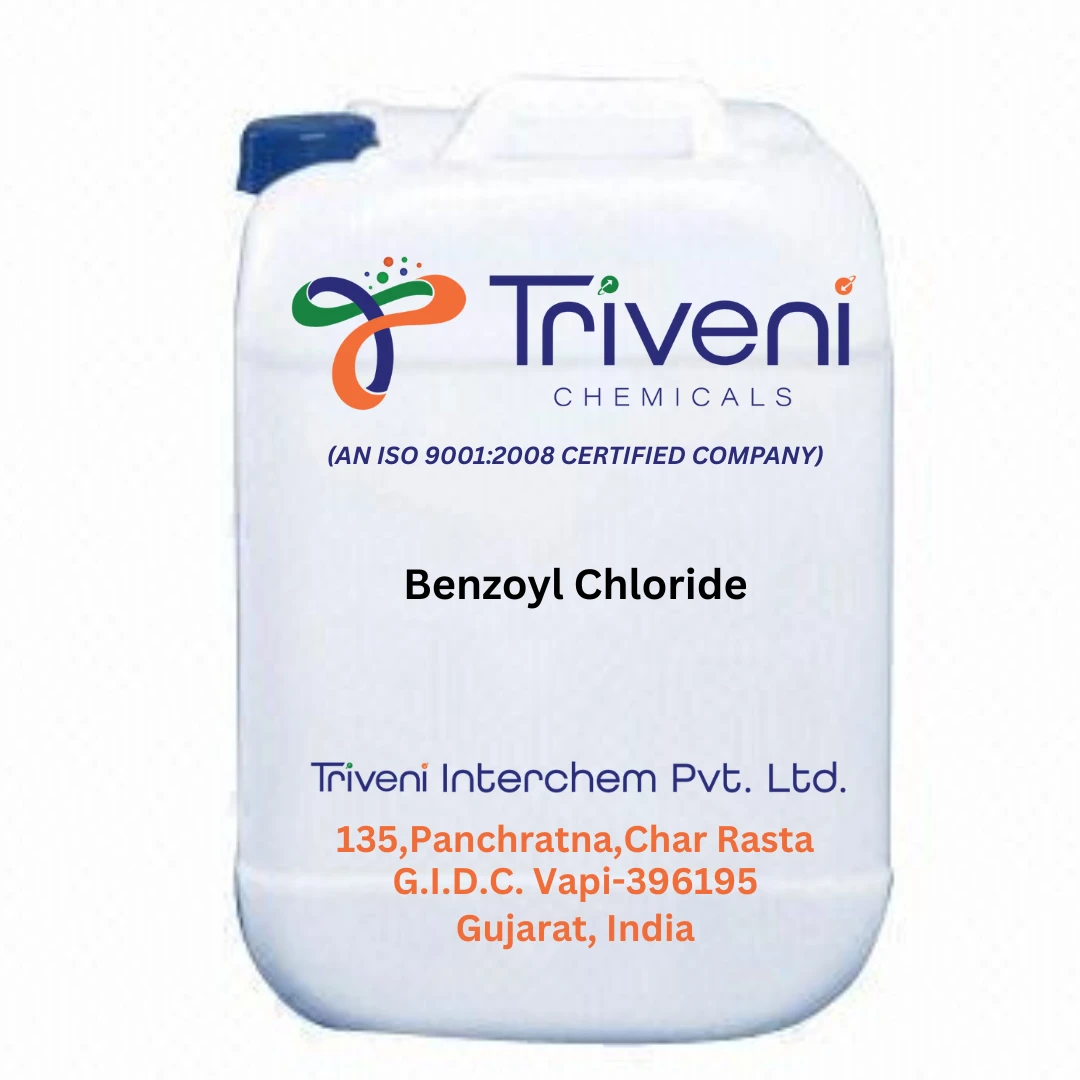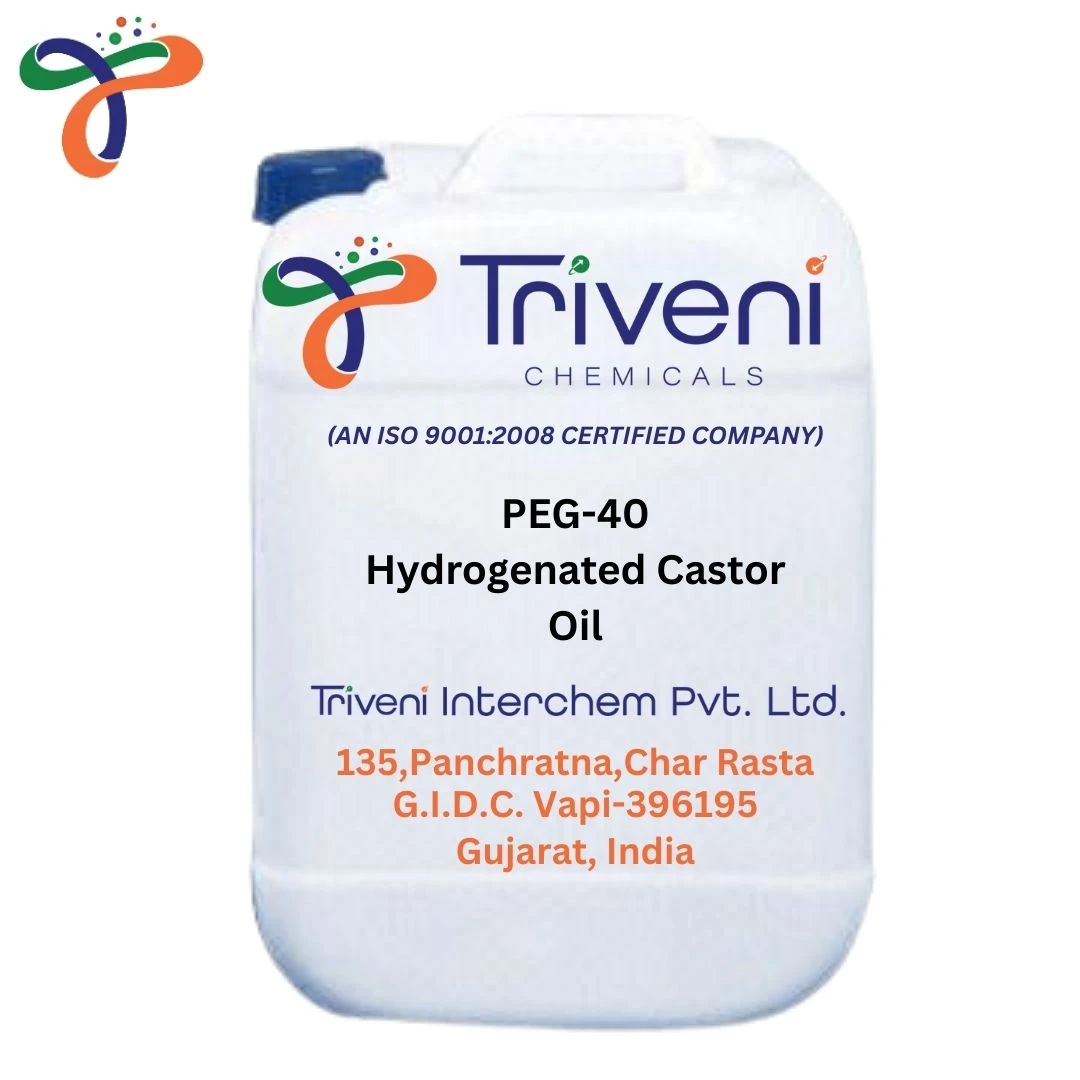The resin industry is essential to several industries, including electronics, automotive, and manufacturing. Resins are multipurpose materials that go through a procedure known as polymerization, in which monomers, or small molecules, join together to form lengthy chains, or polymers. Resins' special qualities—such as flexibility, strength, and durability—are the result of..
The resin industry is essential to several industries, including electronics, automotive, and manufacturing. Resins are multipurpose materials that go through a procedure known as polymerization, in which monomers, or small molecules, join together to form lengthy chains, or polymers. Resins' special qualities—such as flexibility, strength, and durability—are the result of this change, which makes them invaluable in today's applicationsEpoxy resin is one of the important markets for resin. Epoxy resins are well known for their remarkable mechanical, chemical, and adhesive qualities. They are frequently utilized in electronic applications, adhesives, composites, and coatings. Because of their resilience to chemicals and abrasion, epoxy resins are used in construction to create protective coatings for walls, floors, and infrastructure. Epoxy resins also function as encapsulants in electronics, shielding sensitive components from moisture and mechanical stress.Another big player in the market is polyethylene terephthalate (PET) resin. PET is a thermoplastic polymer that is primarily utilized in the manufacturing of food, drink, and personal hygiene bottles. Because of its transparency, low weight, and capacity to be recycled, it is a popular choice for packaging applications across the globe. As the world moves toward more environmentally friendly packaging options, there is an increasing need for PET resin, which is fueling advancements in recycling technology and the creation of PET substitutes made of biomass.Additionally, polyurethane (PU) resins are a point of intersection between the automotive industry and the resin industry. PU resins are perfect for car interiors, including seats, dashboards, and insulation foams, because of their exceptional flexibility, impact resistance, and thermal insulation qualities. With the automobile industry moving toward lightweighting and electric vehicles (EVs), PU resins play a key role in producing lighter, more energy-efficient parts. Demand for sustainable and bio-based resins has increased significantly in recent years. Producers are looking at renewable resources to make resins that have less of an impact on the environment, such as cellulose, starches, and plant-based oils. These environmentally friendly resins are used in consumer goods, packaging, textiles, and other industries, supporting the global movement toward sustainability.With continuous research into cutting-edge formulations, recycling technology, and sustainable sourcing, the future of the resin business is bright. Future products and technology are greatly influenced by the resin sector, which is always innovating and adapting as markets change and environmental concerns become more pressing. .
The resin industry and resins interlink, as the resin industry is responsible for producing, developing, and refining various types of resins used in coatings, adhesives, composites, and other industrial applications.





